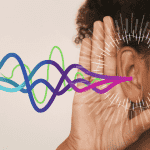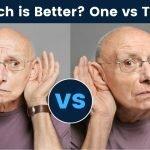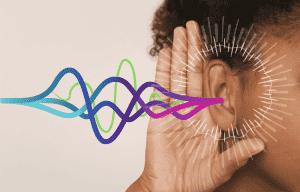
Hearing Loss: What You Should Know
Suppose you or your loved ones are currently experiencing or were diagnosed with hearing loss. In that case, there is some information you will need
Arlington, VA 22205
Fax: 703.524.4595
Operating Hours

Suppose you or your loved ones are currently experiencing or were diagnosed with hearing loss. In that case, there is some information you will need
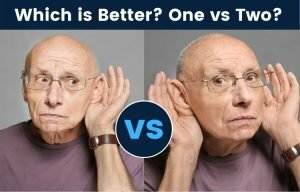
When shopping for hearing aids, one of the most critical questions would come up. Why is it important to wear two hearing aids instead of
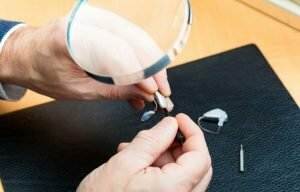
Hearing aids are perhaps one of the most critical devices utilized by those with hearing loss. Most individuals wear hearing aids on a day-to-day basis.

Are you tired of listening to your spouse snoring at night? Spouse is keeping you up because he or she is making so much noise
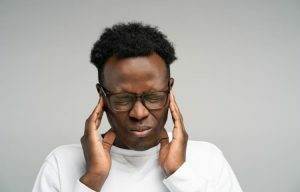
Ever wonder what causes pressure in your ears? Especially when it is terribly uncomfortable? Your ears feel full, or there’s something in your ears, and

Don’t want Hearing Aids? You may notice that you, your elderly parent, significant other, or loved ones may not be hearing as well as they
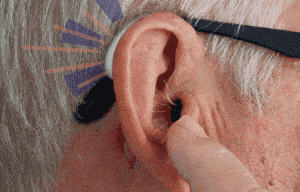
There are hearing aid users who have had wonderful experiences with their hearing devices, and there are some who are just a tad bit frustrated

Hearing aid patients have often asked if they’re a candidate for cochlear implants. Some even assumed that an implantable device equals a much better hearing
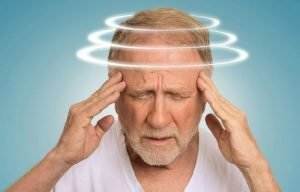
There have been questions from patients regarding whether hearing aids can help suppress or eliminate vertigo or dizziness. The majority of research has favored hearing
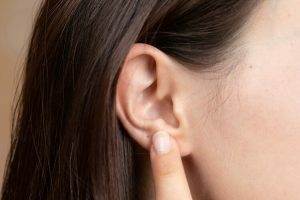
Did you know that earwax is a good thing for your ears? Most folks don’t even know that earwax can help prevent bugs from entering

